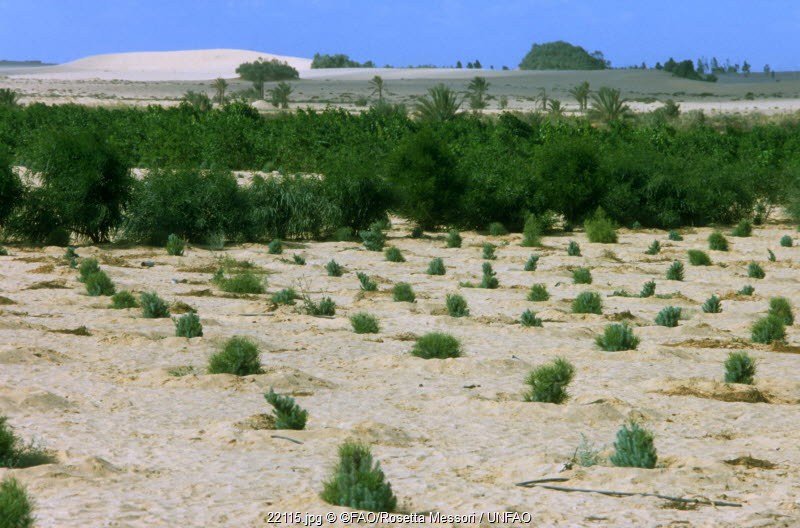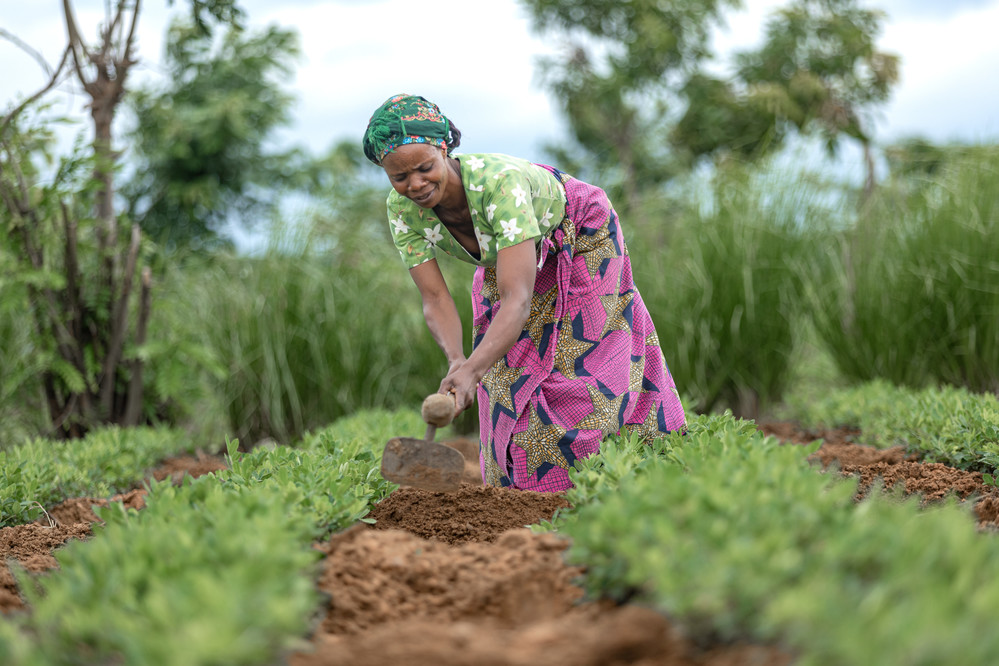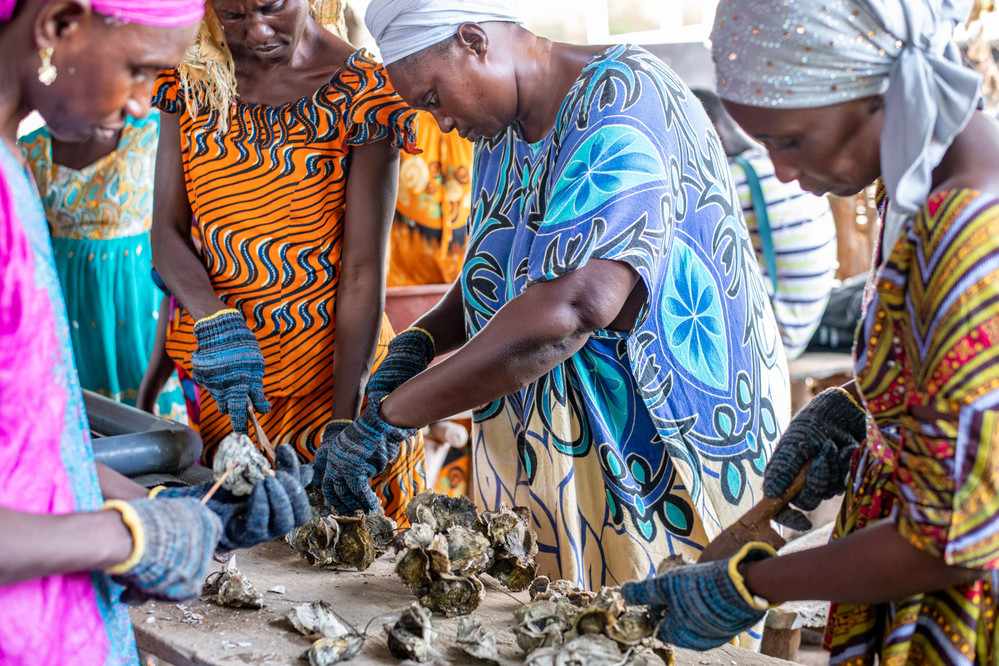In the past three months, the network has been planning activities for the three themes of SAFIN’s learning agenda prioritized by partners in the first quarter, namely green finance for agriculture, digital innovations in agri-SME finance, and financing farmer cooperatives. In addition, we started rolling out activities related to the first theme with stocktaking of existing knowledge sources on green finance in agriculture and for agri-SME investments and a 2-day workshop co-organized with CABFIN.

Photo: Rosetta Messori / FAO
The workshop was held on 26-27 May and drew over 120 participants – including experts and practitioners in green and agricultural finance and a number of private investors. It was kicked off by a presentation of a new landscape study of green finance for food and agriculture commissioned by CABFIN and developed by APRACA, laying out gaps and challenges in expanding the use of green finance in the sector and connecting it to the agenda of inclusive finance. Innovative approaches and solutions were also explored around the design of green financial products in the sector, project and pipeline development, and the enabling environment – including policy, regulations, and innovation finance. Key takeaways include the importance of widely shared taxonomies, the major role of policy and regulatory frameworks in driving the expansion of green finance, and the need to accelerate institutional and product innovations to connect capital markets to intermediaries and investors in the inclusive finance space.
Following the workshop, SAFIN partners held a closed session to consider a Secretariat-led overview of the knowledge landscape on green finance for agriculture, to identify key gaps that SAFIN may be well placed to address, and to plan future activities on that basis. Partners agreed to focus on exploring good practices in aligning different actors within and beyond finance to design and implement inclusive green finance projects in food and agriculture, distilling key lessons for transformative partnerships and multi-stakeholder platforms, and expanding on SAFIN’s blended finance case study repository to include more examples of blending to de-risk inclusive green finance.
As regards the other two themes in our learning agenda, in June the Secretariat began to work on a landscape note on knowledge resources and partner-led initiatives around digital innovations in agri-SME finance, while continuing to liaise with IFAD and European Commission colleagues to support a survey of farmers’ organizations and their financial needs, whose results will inform SAFIN partner activities on this theme in the next months.

